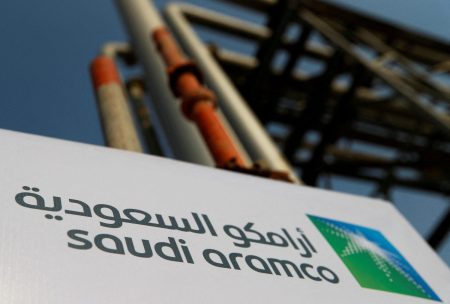
Houston — Asia’s market for very low-sulfur fuel oil (VLSFO) has retreated from its record highs near the start of the year, as demand crumbles under seasonal factors and an epidemic in China, while supply expectations improve, analysts and traders said.
Cooling VLSFO prices are also an early sign of stabilizing market fundamentals after months of volatility sparked by adoption of new global marine fuel rules in one of the biggest shake-ups in decades for the shipping and oil industries.
Five trade sources said the spread of coronavirus in China had exacerbated a slowdown in demand for marine fuels, also known as bunkers, that is typical of the period around the Lunar New Year holiday, extended this year to fight the disease.
“Demand just isn’t there,” said Matt Stanley, an oil broker at Starfuels in Dubai. “With China on lockdown really for all of Q1, demand is going to inevitably collapse,” Stanley added.
Front-month backwardation in the VLSFO market fell from a record $22 a ton on Jan. 20 to $2 a ton this week while its refining margin fell to 2-1/2 month low of $16.35 a barrel above Brent crude, down from a record $29.35 at the start of 2020, Refinitiv Eikon data showed.
An expected surge in China’s VLSFO production as a result of its new tax policies has also helped ease concerns about tight supplies, analysts and traders said.
“With increased supplies from refiners, we expect VLSFO cracks to gradually trend down from current levels,” said Sri Paravaikkarasu, FGE’s director for Asia oil.
Back to reality: low-sulfur fuel oil market falls from record highs
The weaker VLSFO market also reflects a trend of more ships switching to burning marine gasoil instead of VLSFO, sources said.
“The market is stabilizing…people are hoarding less and buying bunkers as and when needed,” said a senior marine fuel, or bunker, trader.
Since the start of the year, the International Maritime Organization (IMO) has banned ships from using fuels with a sulfur content exceeding 0.5%, from 3.5% earlier, unless they are equipped with sulfur-stripping devices known as scrubbers.
The IMO 2020-led gasoil demand has started to finally kick in but the virus situation is restraining demand, one of the sources said.
Before the deadline, ship operators rushed to buy large quantities of compliant fuels to ensure adequate supplies, piling pressure on bunker suppliers and pushing premiums for delivered fuels to record highs.
Adding to that surge in demand, delayed scrubber installations meant that ships expected to run on high-sulfur fuels also had to jostle to secure VLSFO supplies and meet the IMO rules.
“We know that there is currently a four- to five-month backlog of vessels that should have been retrofitted by the end of last year,” said Fabian Kock, head of environmental certification at DNV GL.
Installations have been delayed chiefly by material shortages and limited shipyard capacity further complicated by the shortage of personnel at Chinese yards from the recent coronavirus outbreak, said Kock.
Follow us on twitter
*Roslan Khasawneh; Koustav Samanta; Editing: Clarence Fernandez – Reuters



